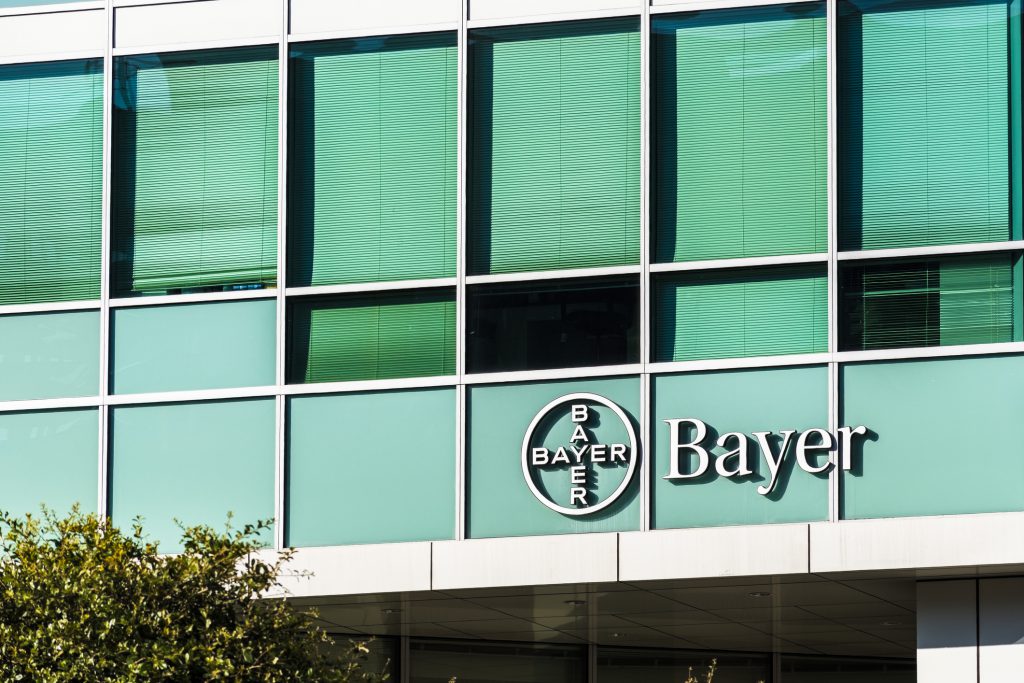Bayer has agreed to pay over $10 billion in a settlement which covers about 75 percent of the many cases alleging the herbicide Roundup caused cancer and other health issues. The company released a statement on Wednesday disclosing agreements to resolve much of the outstanding Monsanto litigation including approximately 95,000 Roundup cases.
“First and foremost, the Roundup settlement is the right action at the right time for Bayer to bring a long period of uncertainty to an end,” said Werner Baumann, Chief Executive Officer of Bayer in the press release. “It resolves most current claims and puts in place a clear mechanism to manage risks of potential future litigation. It is financially reasonable when viewed against the significant financial risks of continued, multi-year litigation and the related impacts to our reputation and to our business.”
A conditional transfer order was vacated Wednesday in one consolidated Roundup case in the Northern District of California, as the court expected a voluntary dismissal. Bayer, a German company, bought Monsanto in June 2018, shortly before a jury awarded the plaintiff $250 million its first Roundup lawsuit to a school groundskeeper who claimed Roundup was the cause of his non-Hodgkin’s lymphoma. Bayer, along with multiple agricultural organizations and associations, claims Roundup and glyphosate, its key ingredient, is safe.
Baumann, in the company’s statement, said “Our company is grounded in the well-being of our customers. As a science-based company committed to improving people’s health, we have great sympathy for anyone who suffers from disease, and we understand their search for answers. At the same time, the extensive body of science indicates that Roundup™ does not cause cancer, and therefore, is not responsible for the illnesses alleged in this litigation.”
Judge Chhabria of the Northern District of California oversees many of the Roundup cases. He prompted the settlement talks and appointed Kenneth Feinberg as a mediator.
“The separate, independent settlements of the current claims are unique and a tribute to Bayer. The significant progress made to date – which exceeds the initial participation rates of other claims resolution proceedings – provides a robust framework that will enable the parties to bring closure to the current Roundup litigation in due course.” said Feinberg in the press release.
Feinberg said the thousands of claims which were not part of this settlement will likely agree to be included in the settlement soon, and he would be surprised if there are any further Roundup trials. $8.8 billion to $9.6 billion of the settlement money will go towards existing lawsuits and unresolved claims.
The settlement includes $1.25 billion for future plaintiffs which will be used in a class-action suit filed in Chhabria’s court for those who have used Roundup and to establish an expert panel to examine if glyphosate causes cancer and what constitutes a dangerous dose, which would impact future Roundup cases. A judge ruled on Monday based on current research that there was not enough evidence that glyphosate causes cancer for the state of California to require a warning on Roundup.
Bayer will continue to face thousands of claims which are not part of this settlement, including three cases which have gone to trial and will continue through the appeals process. Bayer said in its press release that these cases are important to provide legal guidance in the future. Potential cases will be covered by a class agreement.
The company announced a payment of up to $400 million to resolve Dicamba litigation and another of about $820 million to resolve PCB water litigation in the same press release.
